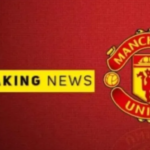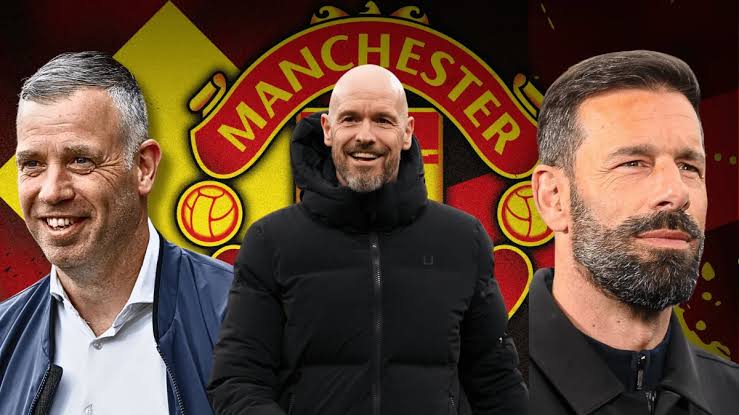An appealing tie score of 2-2 was the final result of a game that could have gone any way between Liverpool and Brighton.
Even though Jurgen Klopp’s squad conceded the first goal once again, Mohamed Salah scored two goals in a short span of time to give them the lead going into halftime.
Liverpool’s inability to defend properly against set pieces was highlighted when Brighton’s Lewis Dunk scored an equalizer for the Seagulls late in the second half. As a result, Liverpool lost the game.
A penalty kick was awarded to Liverpool after Brighton’s Pascal Gross caused a collision with Dominik Szoboszlai inside the penalty area. Given that Gross made no attempt to play the ball, the intriguing question that arises is why the referee did not give him some kind of booking for his behavior.
In accordance with the guidance on the denial of obvious opportunities to score goals, if a player commits an offense against an opponent in their own penalty area that prevents an obvious opportunity to score goals and the referee awards a penalty kick, the offender is cautioned if the offense was an attempt to play the ball or a challenge for the ball.
This occurs when a player commits an offense against an opponent in their own penalty area that prevents an obvious opportunity to score goals. In all other circumstances, including holding, tugging, pushing, or situations in which it is physically impossible to play the ball, the guilty player is to be ejected from the game.
According to the reporting in the Liverpool Echo, it appears that Gross did not violate the criteria that were outlined earlier, despite the fact that it appeared that he did.
According to the officials at Amex Stadium, Szoboszlai would have had to take possession of the ball in order for the opportunity to be considered a clear opportunity to score a goal. These authorities appeared to assume that Szoboszlai was not headed in the direction of the goal.











